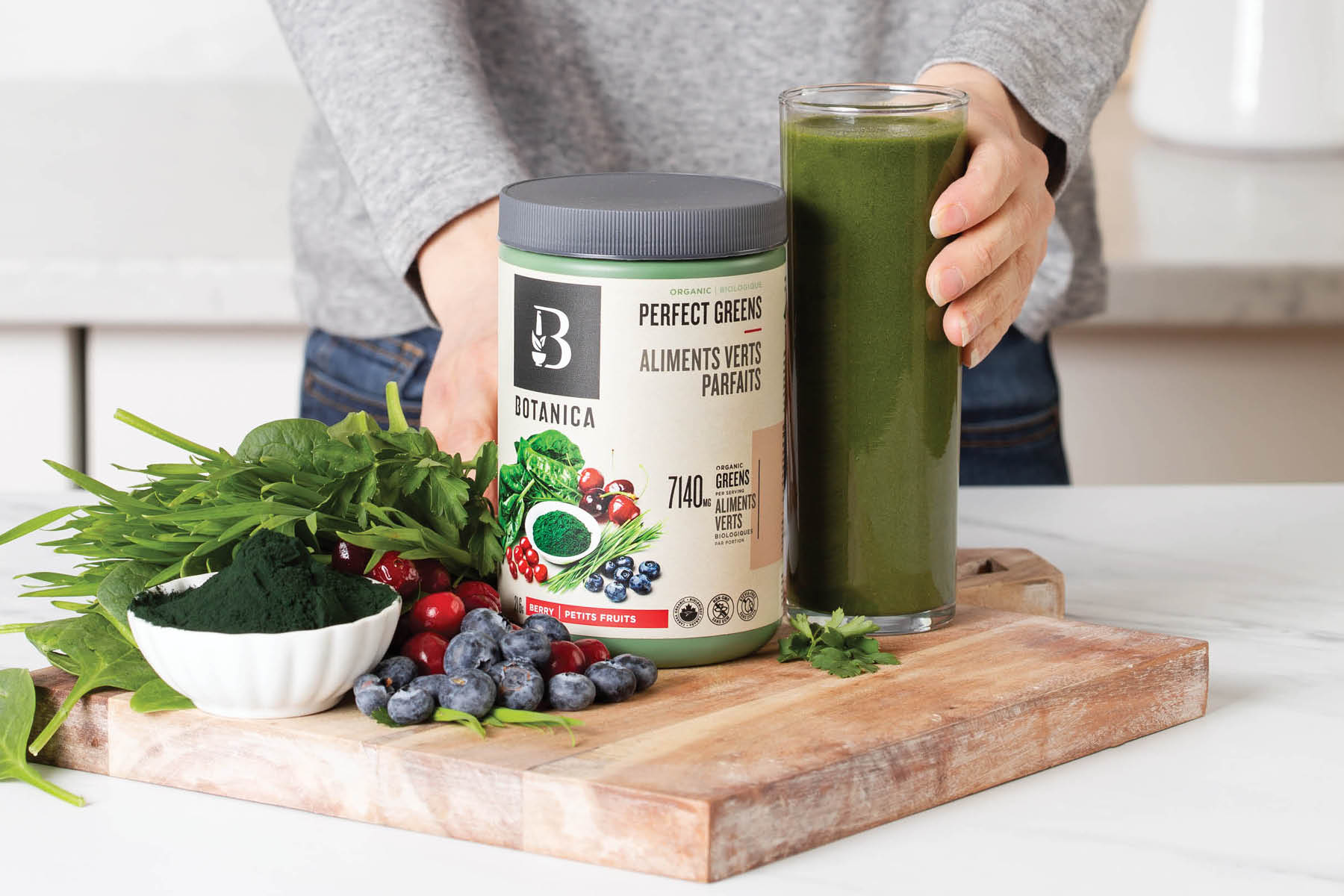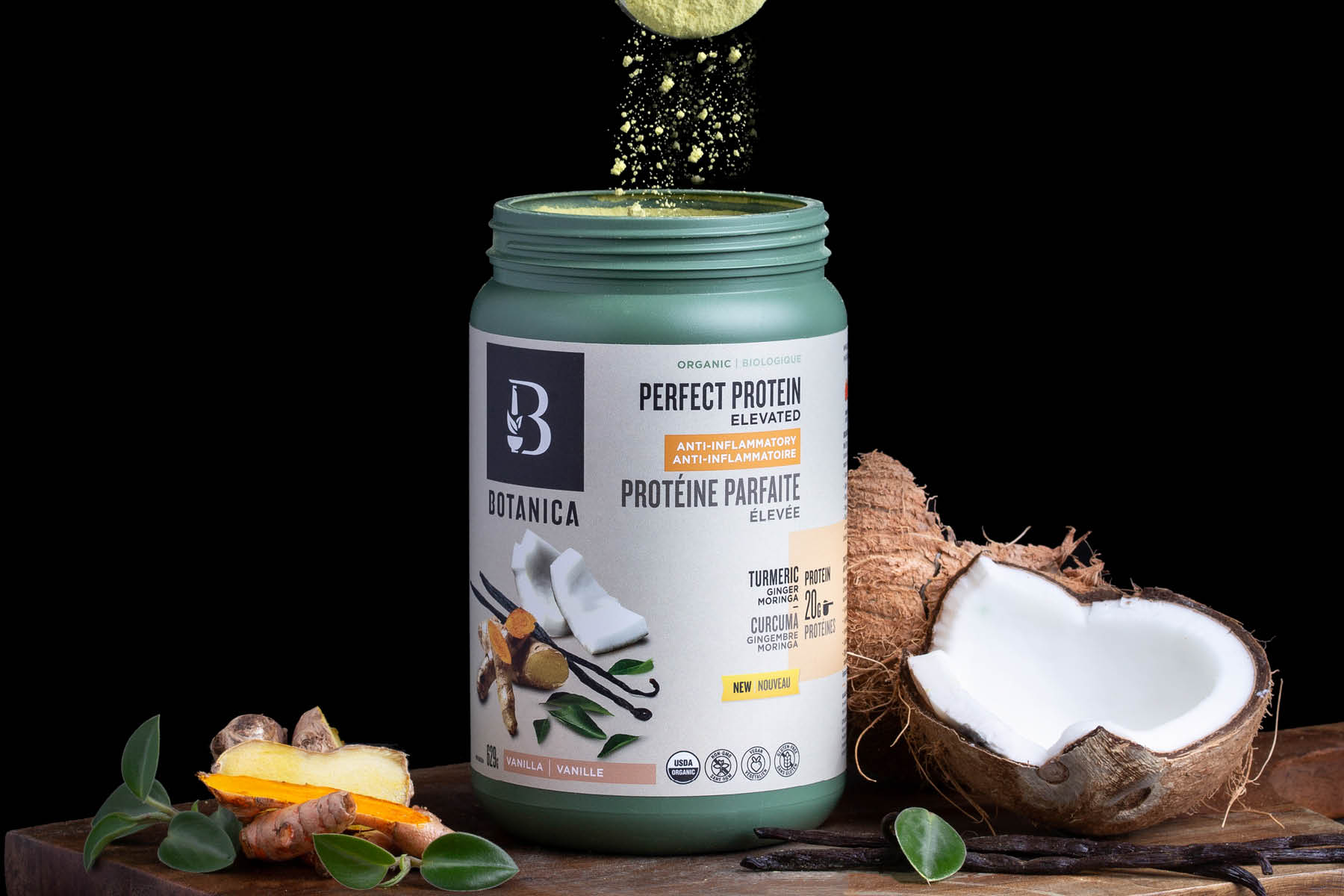With fall in full swing and winter just around the corner, it’s time to think about our immune system. Okay, I get it. You might be tired of thinking about your immune system after the last 2 years. How about looking at it from a different angle? Immunity and gut health being deeply connected, have you considered supporting your immune system through your gut health?
70 to 80% of your immune system lives around your gut, so it’s not too surprising that they’re connected. But…it’s more than just a connection. Your microbiome actually controls your immune system.
Your immune system’s job is to kick out any invading organism (virus, bacteria, etc.) and your microbiome needed a way to survive since they’re invaders themselves. So, early in the development of the immune system, your microbiome took the reins.
Think about that for a moment: Cells that aren’t human but dwell in your body are what decide how your immune system functions. To this day your gut-friendly bacteria decide when to turn up and down your immune system. Therefore, we can look to our gut bacteria any time we’re dealing with immune system imbalances like chronic inflammation, auto-immune conditions, and even allergies and eczema.
Scientists can’t really determine what a human’s life would be like without a microbiome because there’s no way to study it in humans. Forcing a person to live without a functioning microbiome would be cruel, but (sadly) researchers can perform animal studies to see what happens. Germ-free mice have been found to have a blunted immune system, and they aren’t able to respond appropriately to an invader. [1]
You also have a lot of control over your microbiome. Your diet can create a measurable change in your balance of friendly vs. unfriendly bacteria in as little as three or four days! [2] This is my favourite part of the connection between immunity and gut health. There are easy things you can do each day that can help your immune system function better just by feeding your gut microbes the food they like.
3 Key Tips for Better Gut & Immune Health:
1. Feed the Gut with Prebiotic Rich Foods
Prebiotics are types of fibre that your gut bacteria love to eat. Eating more prebiotic fibre is the way to strengthen the community of good bacteria in your gut.
All plant-based foods, like fruit, veggies, nuts, seeds, and beans provide loads of prebiotic fibre. The fastest way to create a strong and diverse community of gut bacteria is to eat a diverse range of plant-based fibres.
I’m a bit of a creature of habit when it comes to my diet. I eat a lot of veggies, but I tend to buy the same ones each week. So, I’ve added two added prebiotic bonuses to my morning routine to help increase my prebiotic diversity: Botanica’s Perfect Greens and moringa.
Perfect Greens is a potent green food blend of grasses, veggies, and antioxidant-rich fruits. To up my prebiotic quotient, I also add some Perfect Protein Elevated Anti-inflammatory because it contains 3g of plant-based fibre along with moringa, a nutrient-dense and antioxidant-rich source of prebiotics. [3] This combination ensures my gut bacteria get the food needed to thrive!

2. Balance Inflammation with Turmeric & Ginger
Chronic inflammation is hard on your whole body, including your microbiome. Inflammation in the gut can change the balance of bacteria in your gut and your microbiome can help calm inflammation in your body. [4] So, balancing inflammation is a win-win for your body!
Turmeric and ginger are powerful anti-inflammatory foods and research has found that just about ½ tsp of turmeric (about 2000mg) and 500mg of ginger are all you need to harness their anti-inflammatory powers.
Your protein powder may also be a bit hard on your digestion. Protein is important for your immune system to function properly, but highly refined protein powders might be hard to break down and digest properly.

This is where Perfect Protein Elevated Anti-Inflammatory comes in handy once again. It combines a supplemental dose of turmeric and ginger into a whole food, easy-to-digest blend of vegan protein. There’s no pea protein to cause any bloating, just rice, coconut, and quinoa protein.
This anti-inflammatory pumpkin spice smoothie is a warming, yummy, and delicious way to add some turmeric, ginger, and extra protein to your day during the fall and winter.
3. Focus on gentle, easy to digest foods
It’s common to think about salads and raw veggies as the healthiest food, but in Traditional Chinese Medicine, cooked foods are promoted much more. Especially in the cold and dark fall and winter months, the body enjoys warm, cooked food instead and they’re much easier to digest. Enjoying lots of steamed, roasted, and cooked veggies is a wonderful way to feed your gut bacteria a diverse range of prebiotic fibre this winter.
Roast some veggies, blend up a hardy soup, or dish out a bowl of stew to warm up your body this winter. Sprinkle on some turmeric and add some grated ginger and you’ve added an extra anti-inflammatory kick to your meal.

Supporting your immune system this winter can be accomplished by shifting your focus from cooling summer salads to warm, comforting cooked soups and stews. Shifting to new in-season plant-based food can also support your gut bacteria by feeding it lots of prebiotic fibre. This different way of supporting your immune system might make this cold and flu season just a little bit easier.
References
[1] https://www.ncbi.nlm.nih.gov/pmc/articles/PMC5006193/
[2] https://www.scientificamerican.com/article/the-guts-microbiome-changes-diet/
[3] https://www.ncbi.nlm.nih.gov/pmc/articles/PMC6108815/
[4] https://www.frontiersin.org/articles/10.3389/fmicb.2020.01065/full
